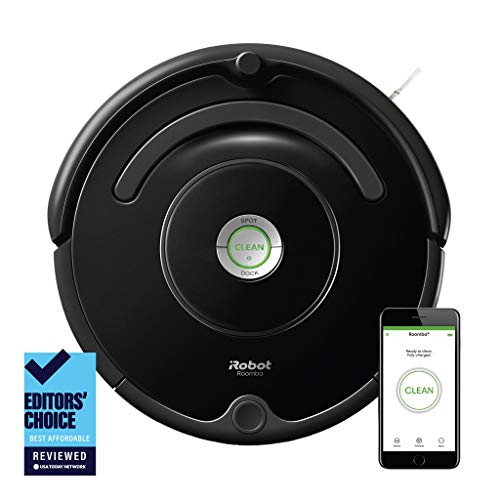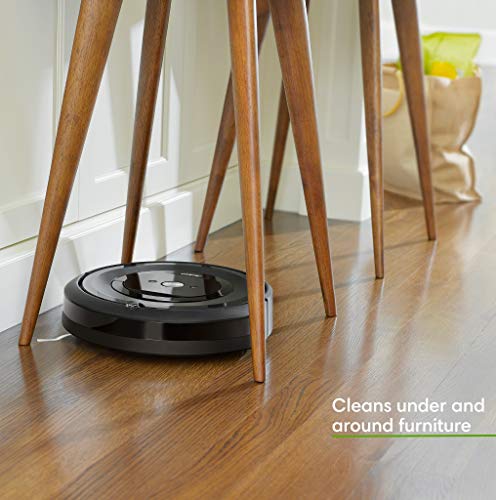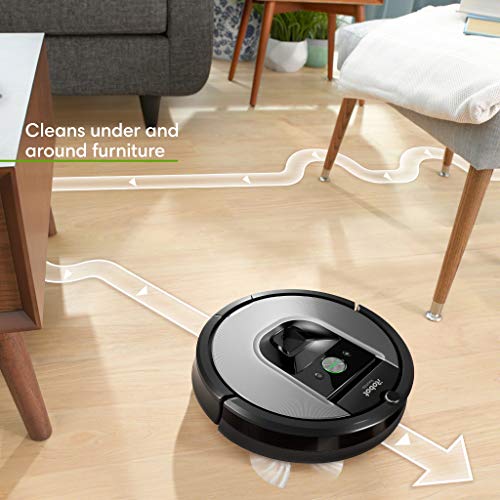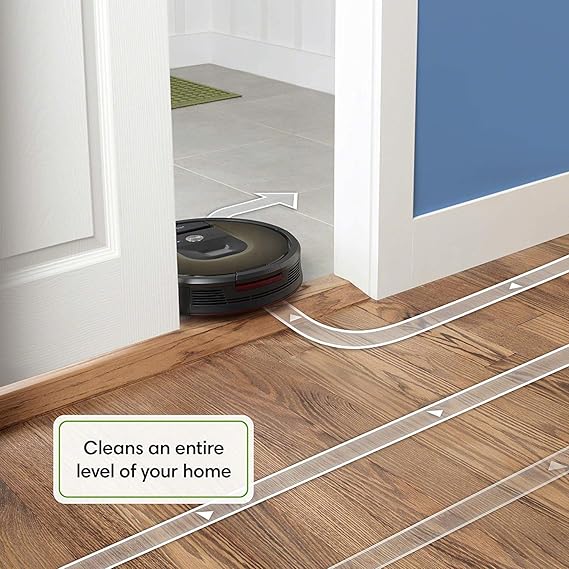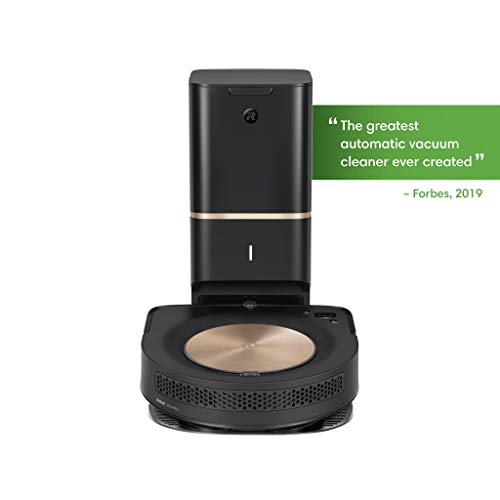Your floor’s dirty and the Roomba’s charging. Tapping your feet waiting for the Roomba to finish charging? I know, it can feel like you’re watching and waiting for water to boil.
Stop worrying. I’m here to take a look at each model’s battery type and capacity and finalize the confusion of just how long does it take a Roomba to charge?
Did you just get a brand new Roomba? The first charge should be an overnight charge at least. Before using a Roomba for the first time, ensure that you remove the battery pull tab and then charge the battery overnight. After charging the Roomba battery for the first time, future standard charging times should be around 2-3 hours.
For you to extend Roomba battery life, it’s recommended that you keep it charged. You should ensure that you charge your Roomba soon after use, otherwise waiting several days can potentially damage the battery.
Roomba batteries are designed in such a way that a battery can last for many cleaning cycles if cared for properly.
Roomba Charging Times Model By Model
Let’s go through each Roomba and see what type of battery it has, the battery capacity, and the length of time it takes to charge.
Roomba 614
The Roomba 614 uses a Roomba Lithium-Ion 14.4V battery with a capacity of 1800mAh 26wh (Li-Ion). Once fully charged, it allows your Roomba 614 to run for one and a half hours without returning to its base. The 614 l has a charging time of 2 hours under normal conditions.
Roomba 670
The Roomba 670 uses a Roomba Lithium-Ion 14.4V with a capacity of 1800mAh 26wh (Li-Ion) battery. The 670 has a 90 minute runtime of cleaning when fully charged. The battery’s charging time under normal conditions is at least two hours.
Roomba 671
Similarly, the Roomba 671 uses a Roomba Lithium-Ion 14.4V, 26wh battery with a 1800mAh capacity. It lasts well over 90 minutes, which is enough time to do two medium-sized rooms. The 671 fully charges in two hours, and it’s ready to go again. It takes two battery charges to do about 1500 sq.ft.
Roomba 675
Just like most 600 series, Roomba 675 uses Roomba Lithium-Ion 14.4V battery with a capacity of 1800mAh 26wh. Once fully charged, it allows your iRobot Roomba to run for one and a half hours without returning to its base to recharge. The 675 will charge in 2 hours under normal conditions.
Roomba 690
The Roomba 690’s charging time under normal conditions is at least 2 hours. The 690 uses Roomba’s Lithium-Ion 14.4V with a capacity of 1800mAh 26wh (Li-Ion) battery. When fully charged, the 690 has a runtime of ninety minutes to clean. However, factors like the age of the battery, room temperature, floor type, and frequency of use will reduce battery capacity over time.
Roomba E5 (5150)
The Roomba E5 uses an original 14.4V Roomba E Series Lithium-ion 1800 mAH (Li-ion) battery. It’s charging time under normal conditions is 2 hours, and it can last up to 90 minutes of cleaning time when fully charged.
Roomba 805
The Roomba 805 uses the Roomba Lithium-Ion 14.4V battery with a capacity of 1800mAh 26wh. That gives the 805 a runtime of ninety minutes to clean when fully charged. The 805 will charge in 2 hours.
Roomba 890
Like most 800 series models, the Roomba 890 uses a Roomba Lithium-Ion 14.4V battery with a capacity of 1800mAh 26wh (Li-Ion). That gives the 890 a runtime of one hour for cleaning when fully charged. The charging time for the 890 in normal conditions is 2 hours, and with proper care, the battery should last for hundreds of cleaning cycles before it needs to be replaced.
Roomba 960
The Roomba 960 uses a Lithium-Ion 14.4V battery with a 1800mAh 26wh capacity. When fully charged, the 960 has a runtime of 75 minutes to clean. The charge time for the 960 is 2 hours. The 960 also has the recharge and resume feature, which means that the robot will be able to continue cleaning from where it stopped after recharging.
Roomba 980
The Roomba 980 uses a Roomba Lithium-Ion battery with a capacity of 3000 mAh. which should be fully charged before each cleaning cycle. Its charging time is at least 2 hours under normal conditions, and with a full charge, Roomba 980 will clean for approximately 120 minutes.
Roomba 985
Roomba 985 uses Roomba 3300 Lithium-Ion with a capacity of 3000 mAh (Li-Ion) Battery, similar to that of the Roomba 980. The 985 will fully charge in 2 hours under normal conditions. When fully charged, the 985 has a runtime of 2 hours, but generally, it cleans until the job is done due to its recharge and resume feature.
Roomba i7 and i7+
The i7 and i7 plus models use the Roomba 1800 mAH Lithium-ion battery that has a charging time of 2 hours under normal condition. When fully charged, the Roomba can clean for at least seventy-five minutes before automatically heading back to the dock to charge.
Roomba s9 and s9+
The Roomba s9 and s9+ use a 3300 mAh Li-Ion Battery, which is more capacity than 85% of the robot vacuums out there. Both the Roomba S9+ and S9 have a run time of two hours per cleaning cycle and are also equipped with Recharge & Resume.
Final Thoughts – How Long Does it Take a Roomba to Charge
There you have it! If you’re wondering which is the fastest Roomba model to charge and which is the slowest Roomba to charge, it’s a wash. Under normal conditions, all Roomba models will charge in about 2 hours. The different charging times come when you consider other factors like the battery’s health.
When it comes to each model’s runtime, the battery’s capacity will also affect the Roomba’s runtime. For example, the Roomba 980 holds out the longest with 2 hours of runtime, while the Roomba 890 has the shortest runtime of 1 hour.


